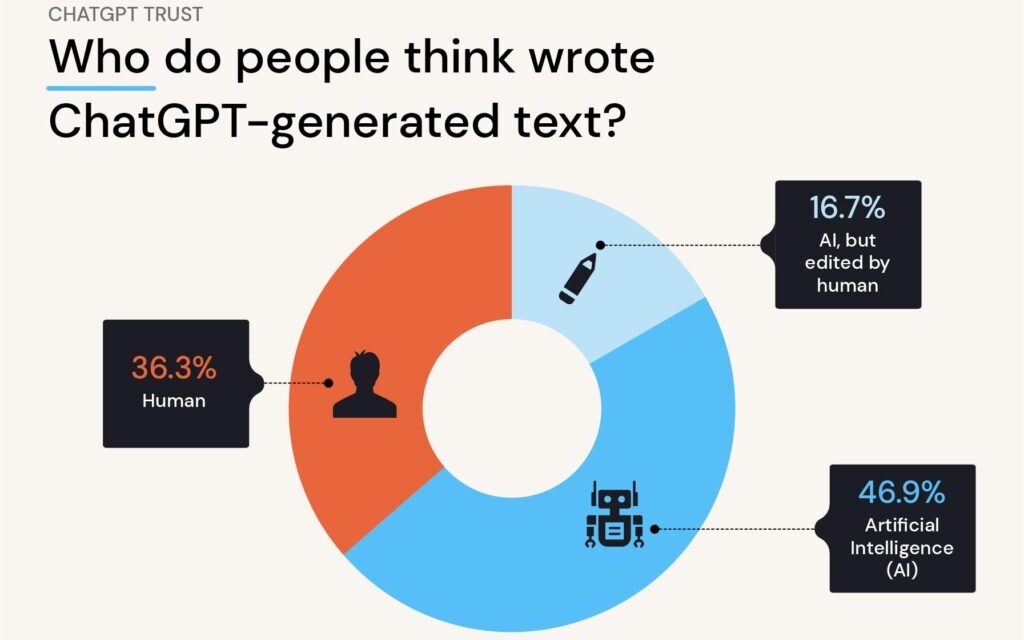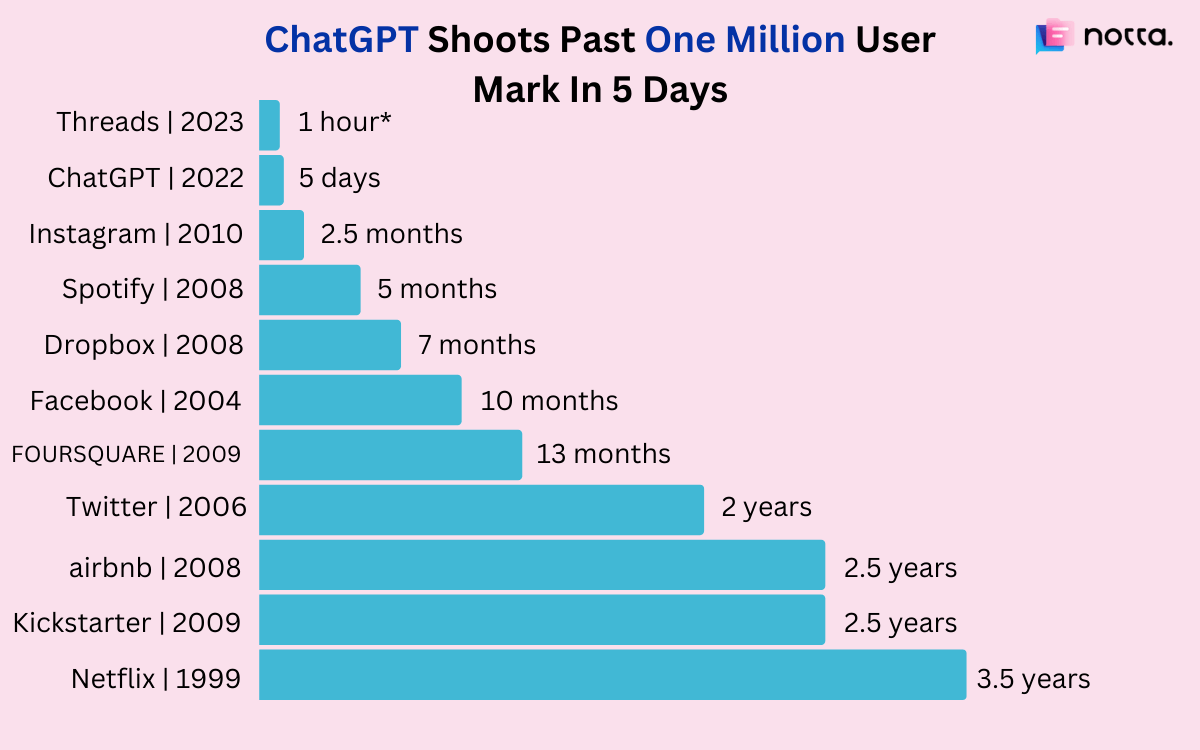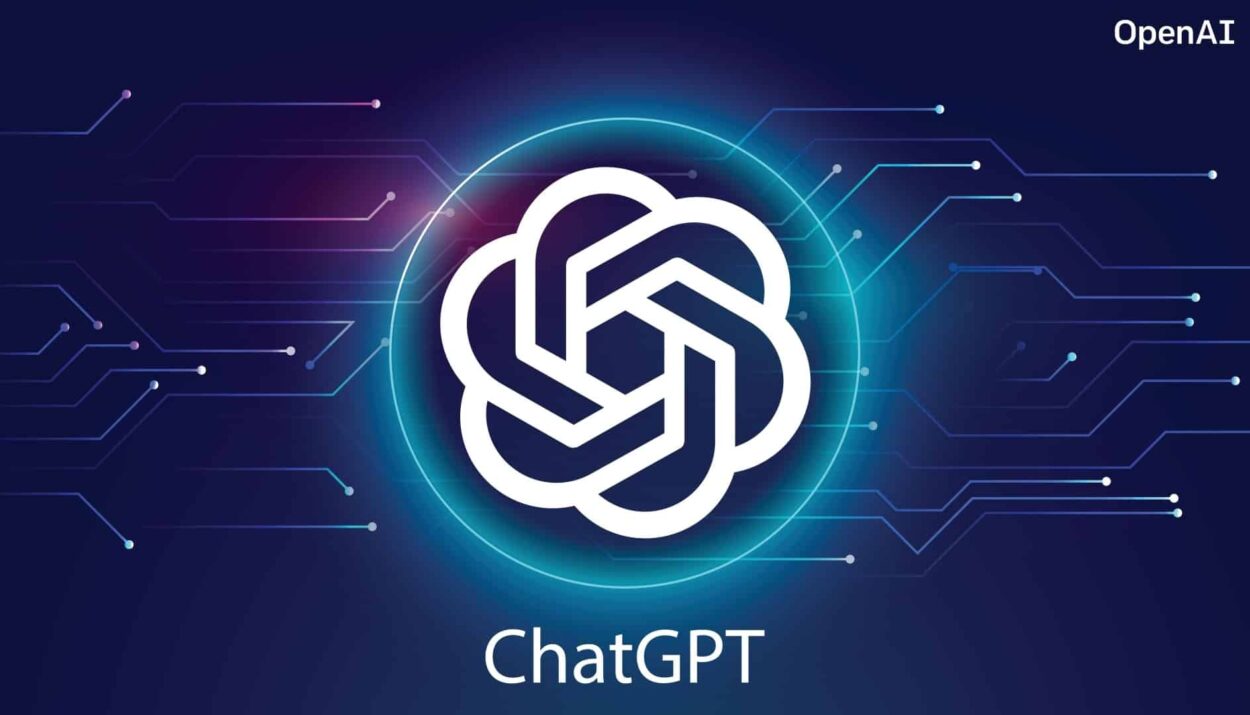If you’re curious about who owns ChatGPT, the answer leads to OpenAI, the organization behind this groundbreaking AI model. Developed by OpenAI, ChatGPT has become one of the most influential and widely used AI tools in natural language processing.
Who Owns ChatGPT?
ChatGPT is a product of OpenAI, an artificial intelligence research organization founded in December 2015 by a group of prominent entrepreneurs and researchers, including Elon Musk, Sam Altman, and Greg Brockman.
- Elon Musk and Sam Altman: Elon Musk, known for his work with Tesla and SpaceX, was a co-founder but later stepped down from OpenAI’s board to avoid conflicts of interest. Sam Altman, a former president of Y Combinator, has been a driving force behind OpenAI, serving as its CEO. Altman’s leadership has been crucial in guiding OpenAI through its transitions and partnerships.
- Greg Brockman and Ilya Sutskever: Greg Brockman, the former CTO of Stripe, became the CTO of OpenAI. Ilya Sutskever, one of the leading AI researchers globally, serves as OpenAI’s Chief Scientist. Their expertise in AI and machine learning has been pivotal in the development of the GPT models, including ChatGPT.
- Wojciech Zaremba and John Schulman: Wojciech Zaremba and John Schulman are also co-founders of OpenAI. Both have contributed significantly to the research and development of AI models, focusing on reinforcement learning and other areas critical to AI advancements.
OpenAI was established with the mission of ensuring that artificial general intelligence (AGI) benefits all of humanity. Initially, OpenAI operated as a non-profit organization, focusing on research and development in AI to advance the field responsibly.ChatGPT is based on OpenAI’s GPT (Generative Pre-trained Transformer) models, with GPT-3 and GPT-4 being among the most advanced versions. These models are designed to understand and generate human-like text, making them incredibly versatile tools for a wide range of applications, from chatbots to content creation.
| Model Name | Release Date | Parameters |
| GPT-1 | 2018 | 117 million |
| GPT-2 | 2019 | 1.5 billion |
| GPT-3 | 2020 | 175 billion |
| InstructGPT | 2022 | 1.3 billion |
| GPT-3.5 | 2022 | 200 billion |
| ChatGPT | 2022 | 200 billion |
| GPT-4 | 2023 | 8x 220 billion |
| Code Interpreter | 2023 | – |
| GPT-4o | 2024 | – |
Who Are the Largest ChatGPT Shareholders?
Since its inception, OpenAI has evolved from a non-profit to a “capped-profit” model, allowing for investment while ensuring that the majority of profits serve its mission. The largest shareholders in OpenAI’s commercial arm, OpenAI LP, include:
- Sam Altman: As CEO of OpenAI, Altman is one of the largest shareholders, holding significant influence over the company’s direction and strategy.
- Microsoft: Microsoft is a major stakeholder in OpenAI, having invested $1 billion in 2019. This partnership has made Microsoft an exclusive cloud provider for OpenAI and integrated ChatGPT into products like Azure AI and GitHub Copilot.
- Other Investors: OpenAI has attracted investments from various other tech entrepreneurs and venture capitalists, who believe in the transformative potential of AI. These investors support OpenAI’s dual mission of advancing AI while ensuring it remains aligned with human values.

ChatGPT’s Evolution and OpenAI’s Mission Transition
ChatGPT is part of OpenAI’s larger journey in AI research and development. The model is based on the GPT (Generative Pre-trained Transformer) architecture, which has evolved significantly since its inception.
- GPT Models: The GPT series began with GPT-1 and has since progressed to GPT-4. Each iteration has seen improvements in language understanding, contextual relevance, and the ability to generate human-like text. These models have been trained on massive datasets, allowing them to perform tasks like answering questions, writing essays, and even generating code.
- OpenAI’s Transition: Initially a non-profit, OpenAI transitioned to a “capped-profit” model in 2019, forming OpenAI LP. This structure allows the organization to attract the necessary funding for research while capping profits, ensuring the majority of benefits align with its mission to ensure that AI benefits all of humanity.
- Microsoft Partnership: The partnership with Microsoft has been crucial for OpenAI, providing the necessary infrastructure through Azure to scale GPT models like ChatGPT. This collaboration has made ChatGPT widely accessible to businesses and developers, integrating AI into a range of applications from customer service to coding assistance.
Global Impact and Usage of ChatGPT
ChatGPT has had a profound global impact, becoming a cornerstone of AI-driven applications. As of 2024, ChatGPT is used by millions of users worldwide, ranging from individual developers to large enterprises.
- Widespread Adoption: Over 100 million users interacted with ChatGPT within its first few months after release, making it one of the fastest-growing consumer applications in history. OpenAI recently announced that ChatGPT now has over 200 million weekly active users, doubling the 100 million users reported in November 2022.
- Industries and Applications: ChatGPT is used across various industries, including customer service, education, healthcare, and content creation. For instance, businesses use ChatGPT to automate customer support, while educators leverage it for personalized learning experiences.
| ChatGPT Awareness Levels | 18 to 29 | 30 to 44 | 45 to 64 | 65+ |
|---|---|---|---|---|
| Personal use for text generation | 15% | 17% | 9% | 5% |
| Observed text generated for others, not personally used | 48% | 46% | 27% | 30% |
| Neither used nor observed its use | 20% | 31% | 55% | 59% |
| Uncertain | 17% | 6% | 8% | 6% |
- Geographic Reach: ChatGPT has been adopted in over 190 countries, with the highest usage in the United States, India, and Europe. Its ability to understand and generate text in multiple languages makes it a truly global tool, although it faces restrictions or limited usage in countries like China and Russia due to regulatory challenges.
| Position | Nation | Percentage of ChatGPT Users |
|---|---|---|
| 1 | US | 11.11% |
| 2 | India | 8.18% |
| 3 | Japan | 5.49% |
| 4 | Indonesia | 5.01% |
| 5 | Philippines | 3.43% |
| – | Rest of the World | 66.78% |
ChatGPT Benefits and Cons
ChatGPT offers numerous benefits but also comes with some drawbacks.
Pros:
- Efficiency: ChatGPT can handle a wide range of tasks quickly, from answering questions to generating content, significantly reducing the time needed for these activities.
- Versatility: It can be applied across different industries, making it a valuable tool for businesses and individuals alike.
- Scalability: ChatGPT can easily be integrated into existing systems, making it scalable for enterprises of all sizes.
Cons:
- Misinformation: ChatGPT can generate text that is plausible but factually incorrect, leading to the spread of misinformation.
- Bias: Like all AI models, ChatGPT can exhibit biases present in the training data, which can lead to unintended or inappropriate outputs.
- Over-reliance: There is a risk of users becoming overly reliant on AI-generated content, which may stifle creativity or lead to a lack of critical thinking.
ChatGPT’s Competitors
While who owns ChatGPT is clear, the landscape of AI-driven conversation models is competitive.
- Google Gemini: A direct competitor, Gemini by Google focuses on advanced conversational AI with deep integration into Google’s ecosystem, offering similar functionalities to ChatGPT.
- GitHub Copilot: Leveraging OpenAI’s technology, Copilot assists developers by suggesting code snippets, speeding up the coding process, and reducing errors.
- Anthropic’s Claude: Developed by a team of former OpenAI researchers, Claude is designed with a strong emphasis on safety and interpretability, offering a competitive alternative to ChatGPT.

Future of ChatGPT: 5 Improvements You Can Expect
As AI technology continues to evolve, here are five improvements you can expect from future versions of ChatGPT:
- Enhanced Contextual Understanding: Future iterations of ChatGPT will likely feature improved context retention, allowing for more coherent and contextually aware conversations.
- Better Integration with External Tools: Expect deeper integrations with other software and platforms, enabling ChatGPT to perform tasks like booking appointments, managing emails, and more.
- Reduced Bias: OpenAI is continuously working on reducing biases in its models, leading to more fair and balanced outputs.
- Energy Efficiency: With environmental concerns growing, future models may be optimized to require less computational power, making them more sustainable.
- Expanded Multilingual Capabilities: ChatGPT will likely support more languages and dialects, improving its usability across non-English-speaking regions.
Is ChatGPT Publicly Traded?
As of now, ChatGPT and OpenAI are not publicly traded. OpenAI operates as a private entity with significant investments from companies like Microsoft. While there has been speculation about a potential IPO, there are no confirmed plans for OpenAI to go public in the immediate future. Investors interested in the AI space can look into companies like Microsoft, which has a substantial stake in OpenAI and its technologies.
Sources:










